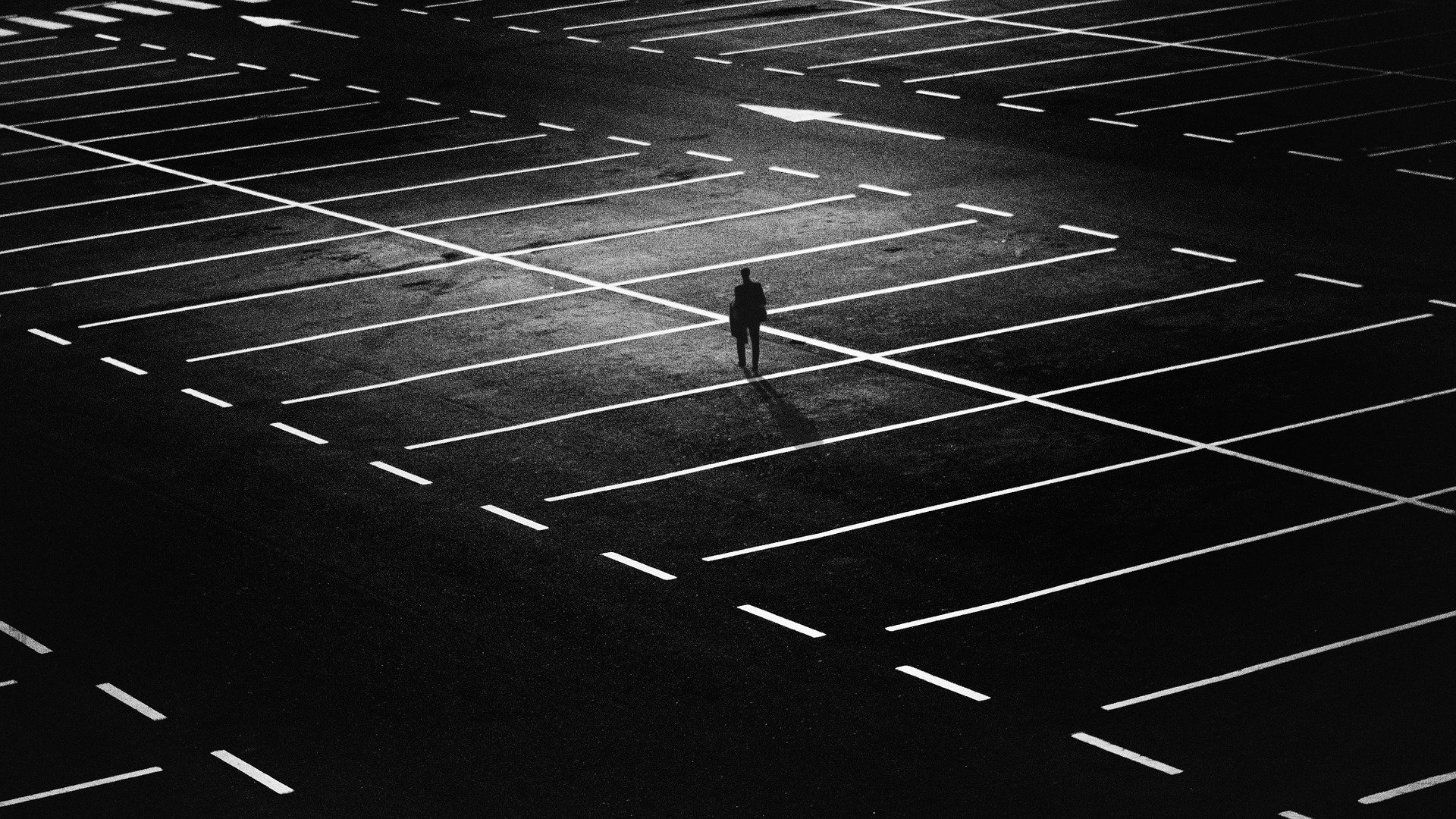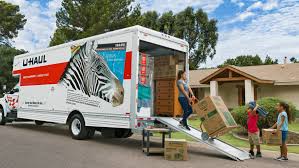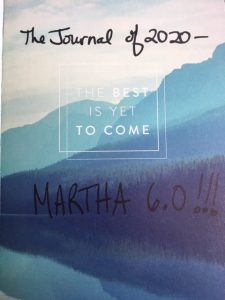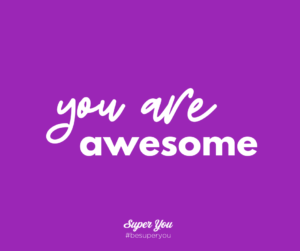The world is a different place today than it was two weeks ago. With the worldwide exponential growth of Covid-19 infections, we are seeing a global response that is unprecedented in the history of human culture. The new catchphrase “We are all in this together.” is totally true. It doesn’t appear to be sparing any part of the planet.
As of this writing, there are over 335,000 cases worldwide and over 15,000 deaths. Nobody is yet certain about who is at most risk, although underlying health conditions seem to have a major impact on outcomes. Originally, it was thought to be only a problem for the elderly, but now we are seeing younger people getting very ill and dying. It’s frightening…
Social distancing, a term that was unknown a month ago, has become the buzzword around the globe. It’s freaking hard! Human beings are social animals by nature – it’s in our DNA to work together in groups and communities. Tribes, packs, however you describe it. We are meant to work and live together in close proximity and cooperation. As ancient peoples, humans worked together to hunt huge wild animals that no other predators would attempt to bring down. Only pack wolves or hyenas are similarly wired to work together.
In ancient civilization and tribes, the absolute worst punishment for any member was excommunication from the group. If you were declared “dead” to the rest of the community, it was as good as a death sentence, as nobody was expected to survive outside of the protection of the community. This idea of excommunication is still practiced in some religious communities to this day. It is a powerful deterrent to socially unacceptable behavior and a devastating consequence for the recipient. Even though it’s not a death sentence any longer, it represents the death of that person’s social fabric and can lead to deep mental anguish and potentially even suicide.
The current isolation that we are being asked to practice is not quite the same thing, but it feels just about as disruptive. In my household, we have lost every bit of our extracurricular activities. The local little theatre, our church, gatherings with friends, playing cards, knit nights, running errands in town, visiting art galleries or museums, meeting friends for coffee, gathering our extended family for holiday visits or meals. All gone…
We can stand outside and visit with our neighbours from a safe 2 metre distance, but no sharing drinks or a snack. No coffee around their kitchen island. In the raw blustery weather of March in central Ontario, this is a self-limiting activity. Yesterday, we went for a bird-scouting walk at a local golf resort (closed for Covid-19) and ran into friends who just returned from Ecuador, on self-isolation themselves and walking outside in nature as a safe activity. We visited briefly from a safe distance and listened to their harrowing story of getting the last flight out of Ecuador before shutting down operations.
I keep thinking about where I was at last March and how devastating this would have been for me then. I was in the middle of chemotherapy, bald, immune-compromised, and required to go to a large busy cancer centre every few weeks. This involved staying in a hotel and Mike eating meals produced in restaurants. Loads of high touch areas and high transmission risk. Or even the risk of my treatments being delayed or cancelled by the health crisis. Add to that the fact that both my husband and son traveled to Honduras at this time last year with a humanitarian project. This year’s March group are still stuck in Honduras, unable to secure a way home.
We are all part of a great tapestry, with every thread connected and interwoven with thousands of others. It feels like the social fabric that holds us all together has not been ripped apart (a common metaphor for our interconnectedness as a human culture), but rather has dissolved. The common activities that we are so used to doing and using to define ourselves are all gone. Unless you have a solitary hobby, you have likely lost your social network. Unless you have an “essential” job, you have likely lost your employment. We all appear to be floating in a chaotic wind called Covid-19 – getting blown to who knows where…
Okay, so enough doom and gloom. What are the upsides? I’m an eternal optimist and, although this is really pulling me down, I am determined to find the upsides. So, here goes:
Firstly, the planet is healing while we take a break from our usual frenetic activity. Air pollution, greenhouse gasses, water pollution, everything. There are dolphins in the crystal clear canals of Venice! There is reduced pollution over Chinese cities. The skies everywhere are clearing of contrails as air traffic grinds to a halt.
Secondly, people are slowing down enough to realize the worth of their fellow man. Like the old saying goes… “Distance makes the heart grow fonder.” As we are forced to distance from others, we are made more aware of how much our connection to our fellow humans means to us. Hopefully, we will remember this when we can again congregate. Gratitude for our inter-connectedness. Worth of all persons.
Thirdly, as our too-ramped-up, perpetually growth-focused economy tanks, there is a chance to review what is really important and maybe, just maybe, we will recreate our economic world in a slightly more balanced and equitable way. Never before has there been a situation that has gripped the entire planet at the same time. It’s like the biggest reset button in humanity’s history. Governments and banks and businesses around the globe are giving grace periods, supportive payments, free content, paycheques even for no work. It’s like a whole new world order…
I wrote in my upcoming book, Powerful Beyond Measure, about how the elephant in the room that is cancer causes one to clear the noise of life away and see what is really important. This enforced inactivity, losing all of our “obligations” and “commitments”, really clears space for us to find new areas of interest or re-discover old ones. Books, crafts, time alone outdoors, writing letters – so many possibilities.
While I am so very thankful to be in one of the richest countries in the world, with a warm, well-stocked house and the joys of technology to keep me entertained and connected to others, I know that I have pretty much the same risk of getting sick (or very sick) as someone in a less developed country. I’m grateful that we have the health care system that we do, although it’s going to be mightily taxed by what is coming.
So, I stay in my house and stay connected to my loved ones by phone and text and email and Facebook. I cook more complicated meals that I might not have the energy for in my normally busy life. I go to work in my long term care facilities and try to maintain normalcy in my job. I live in hope that these socially uncomfortable measures will have the desired effect of slowing the infection rate to what is manageable for our hospitals. I am very grateful for my current good health and that all of my loved ones are now safely back in Canada and in their own homes, even if I can’t see them or hug them.
So, stay home and stay safe. Wash your hands. Be grateful for the essential service people who go to work, often in high risk situations. Safeguard your physical health, your mental health and your spiritual/emotional health. Reach out to those in your sphere of influence and share positivity and hope. We really are in this together and we need to make the social fabric visible to others, even in its changed form.
“Be the change you want to see in the world” Mahatma Gandhi



